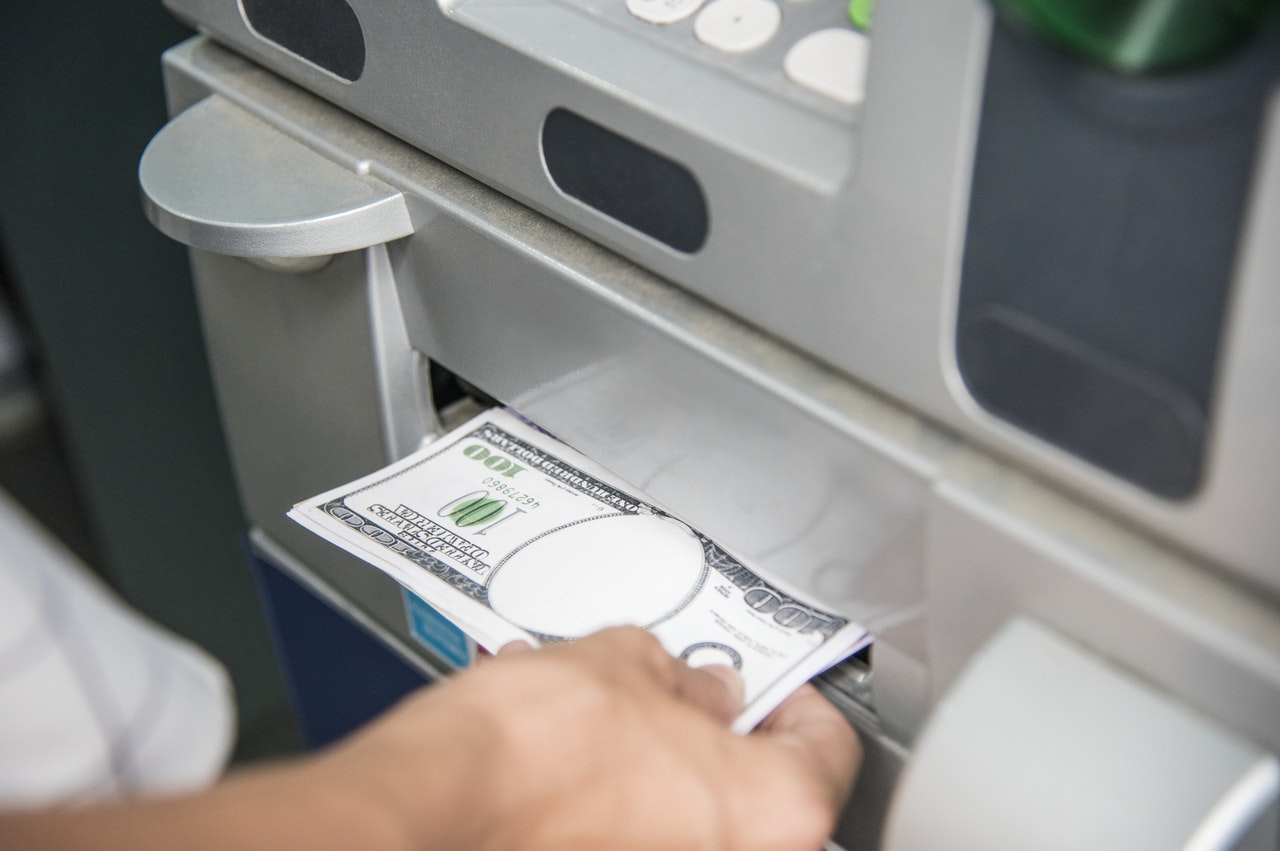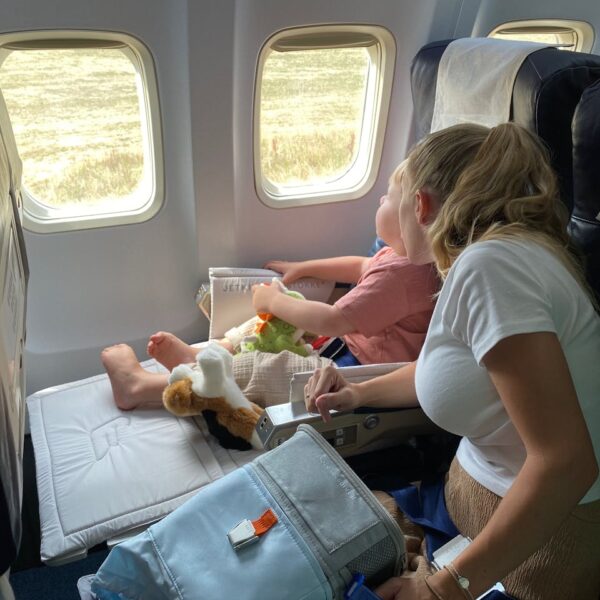Managing Your Money While You’re Travelling
If you’re planning to spend some time overseas, especially if it’s a longer trip, like a gap year, then you’ll need to do a lot of planning. You don’t just plan your itinerary, though, you need to plan out your finances so that you don’t get into any bother or get caught short while you’re away.
Here’s how you can have some happy travels.
Create your travel budget
Apart from deciding where to go in the first place, budgeting for your travels is the next most important step. Head to Creditfix and use the budget calculator there to work out how much you’ve got to play with and what you plan to do with it on a daily, weekly and monthly basis. One thing you don’t want is to have to call home and beg for a wire transfer or rack up a huge credit card bill!
Think about how long you’re away for and how much your daily spend is likely to be – accommodation, meals, trips, activities and other living expenses. You should aim to stick to the budget or come under it each day so you have some money left over for treats.

Automate your back-home payments
You probably have some bills that you’ll still have to pay, like your mortgage, or a loan or two. You should automate these payments so that you don’t forget to make them or end up paying them late due to patchy internet in remote areas.
Make sure you have some ready local cash before you board the plane
If it’s a long flight, you’ll want to grab a cab and get to your hotel. If you’re heading to a developing country then you can’t always guarantee that the ATMs will be working, so you should have enough cash on you to just sort yourselves out and get some rest. You can order some cash from your bank a week or so ahead of your departure or use a bureau de change with a not-too-eyewatering commission.
Tell your bank and credit card provider about your travels
This is an important step because your bank or card provider might cancel or block your cards if they see sudden international activity. While it’s for your protection, you might not feel too grateful if you’re stuck in a restaurant, unable to pay for your meal. Make sure you include your dates of travel and where you’ll be, especially if you’re visiting a few countries.
Get good travel insurance
You shouldn’t travel if you don’t have insurance because you never know when something will happen. You could have an accident, get sick, be robbed, lose your luggage, miss a connecting flight… Good, comprehensive travel insurance covers you for all eventualities, including bringing you home if necessary.
Store your valuables in different places so you don’t lose them all
Keep amounts of cash, debit and credit cards and travel documents in different bags, pockets and safes so that you don’t have to replace them all if the worst happens.
Maintain online security
You’ll probably want to check your bank statements or do some other routine financial task while you’re away, so if you do any online banking, make sure the wi-fi you’re using is secure. You also need to sign out of your banking sites and clear the browser history. Try to avoid using the internet in airports and malls for anything other than casual browsing.



